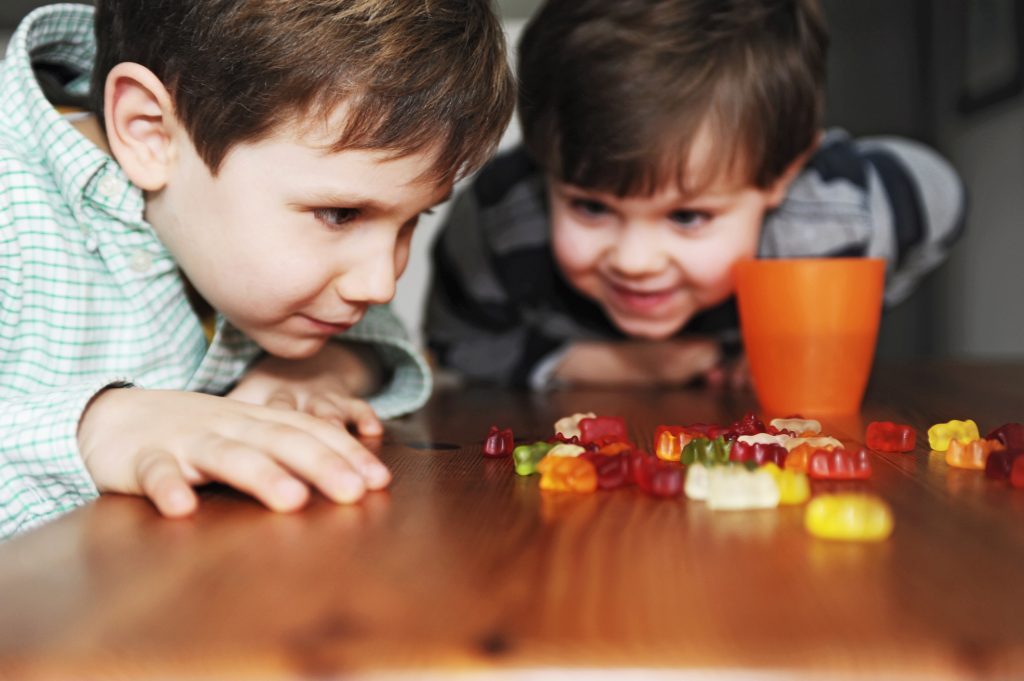Abstract:
Previous studies in adults demonstrated that beliefs and sharing decisions in social scenarios are closely related. However, to date, little is known about the development of this relationship in children. By using a modified dictator game, we assessed sharing behavior and beliefs about others in children between 3 and 12 years old. We performed four studies (N = 376) aimed to assess whether decisions were related to beliefs (Studies 1 and 2) and whether information about the recipient’s forced sharing behavior would shape decisions and beliefs (Studies 3 and 4). Results of Studies 1 and 2 showed that beliefs about others’ generosity were related to children’s sharing behavior. In Studies 3 and 4, we found that only children older than 9 years shared more pieces of candy when they knew that the recipient would be forced to share (cooperative context) than when they knew that the recipient would be forced not to share (noncooperative context). Besides, children older than 6 years did not modify their beliefs about others’ generosity according to these social contexts. These results suggest that normative or preconceived beliefs about the functioning of the social world may guide social behavior in children.


